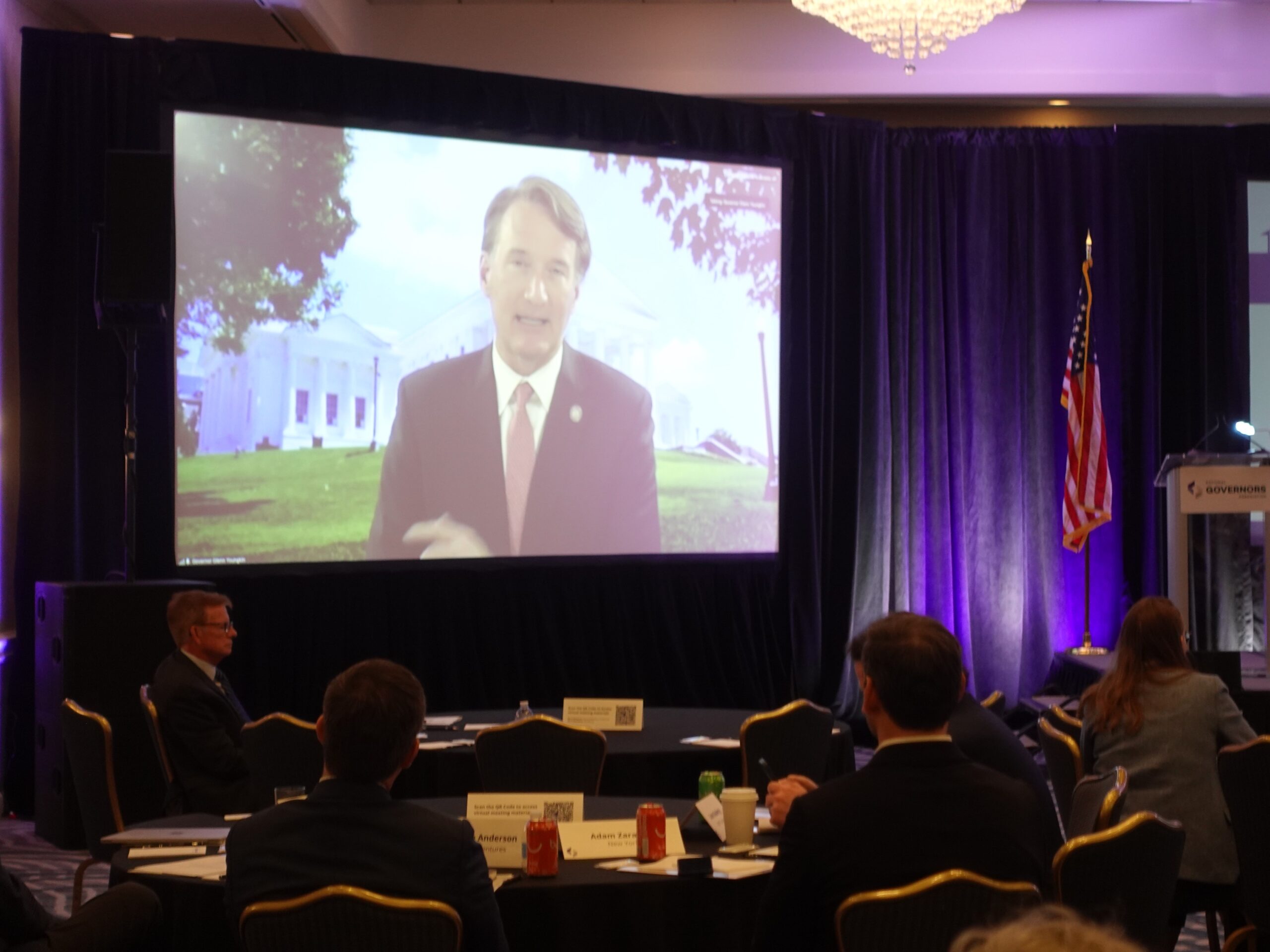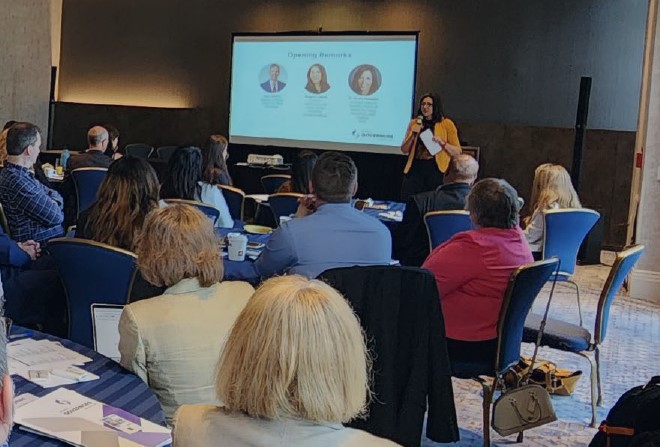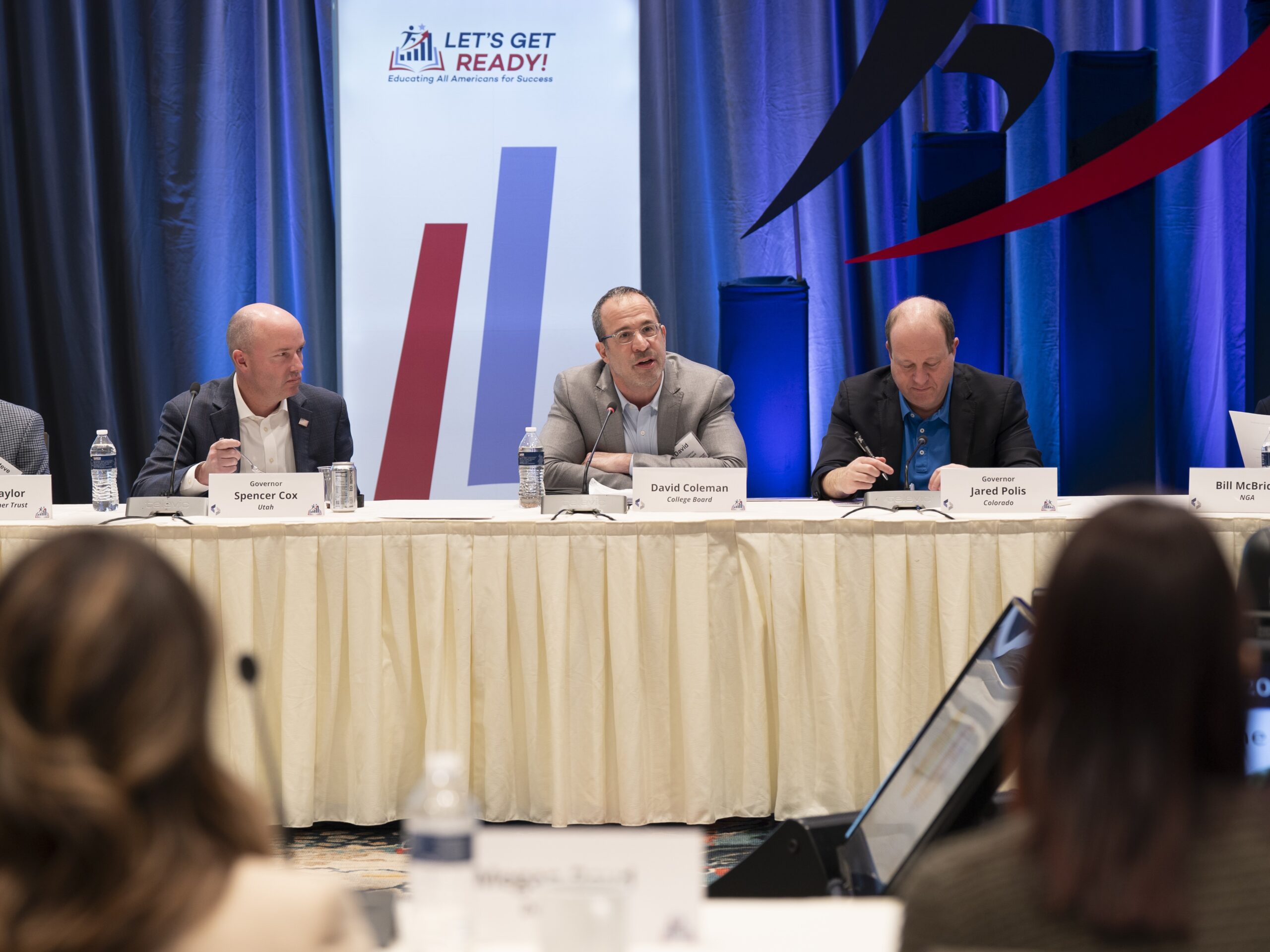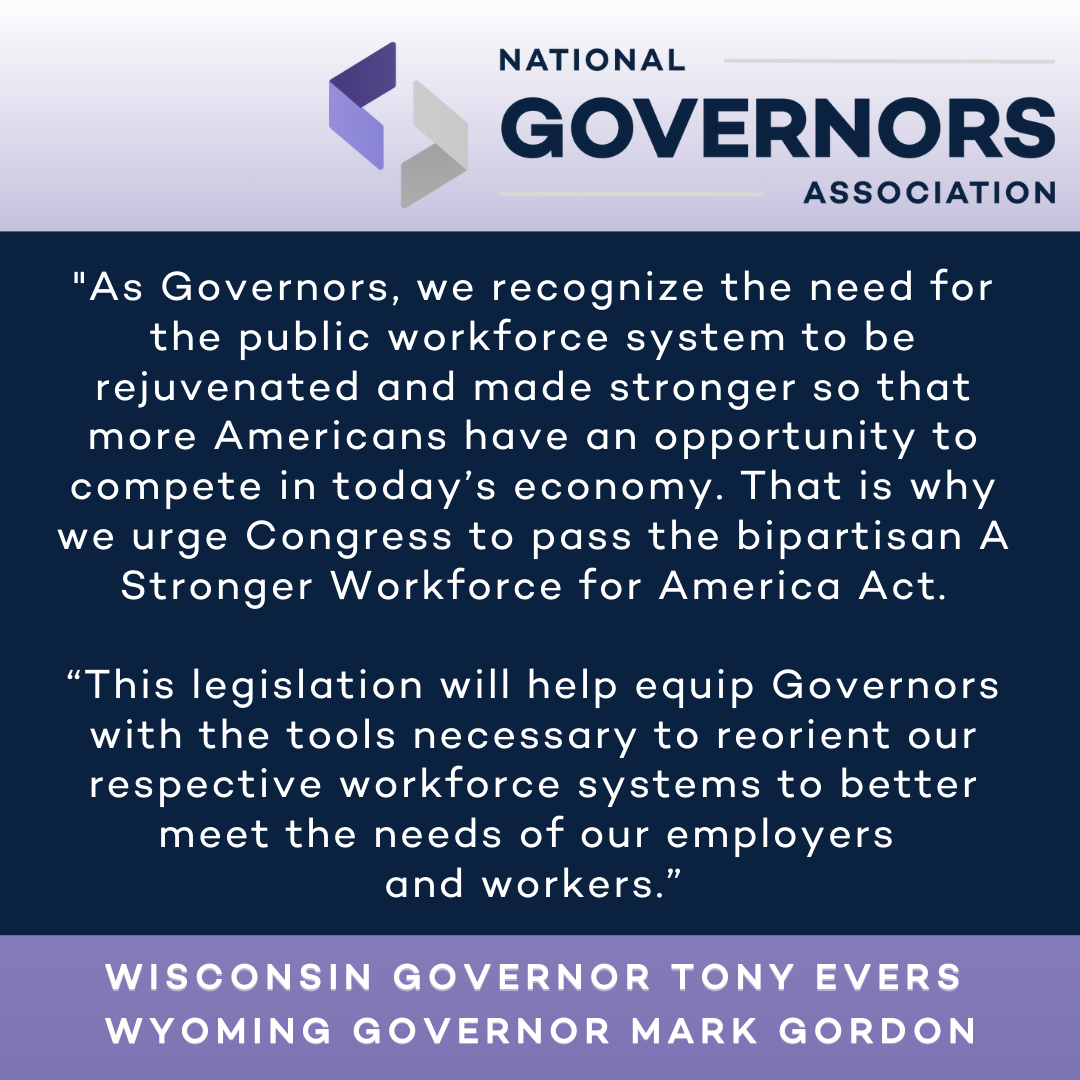To address the lack of place-based context needed to understand what drivers underlie trends in nonemployer work, the Colorado Department of Labor and Employment, in cooperation with Colorado State University and the National Governors Association Center for Best Practices, framed a pilot study using focus groups of workers and firms that rely on nonemployer work to better understand the on-demand economy in Colorado.
Forward
As governors and states address the challenges posed by the ever changing nature of work, they must account for the variety of relationships between workers and those who compensate them. New practices and technologies are challenging the way employment is described and defined. A growing body of research indicates as many as one in three Americans are engaged in these non-traditional work arrangements, which can be broadly described as on-demand work. Many of these workers value the flexibility that such work affords, yet many would also prefer their job provides a stable salary, benefits, and workplace protections. Further, evidence suggests some on-demand workers face economic instability, fewer pathways to economic security and lack access to many of the protections and benefits of formal employment.
Given the increasing shift toward on-demand work and the vulnerabilities many of these workers face, Governors recognize the need to better understand these evolving realities and the underlying trends that brought them about to better prepare the workforce of the future. Yet, many data sources traditionally used to study workforce trends rely heavily on information from tax documentation tied to traditional forms of work – thereby excluding data on many on-demand workers. This lack of data makes it hard to understand the characteristics and needs of on-demand workers and calls to attention the need to collect better information on this sector of the workforce. This need has become even more acute in the context of the COVID-19 global pandemic. The pandemic has exposed the ways in which certain sectors of the economy rely on the on-demand workforce, as well as the extreme vulnerability this workforce faces during economic downturns and public health crises.
To support states in pursuing this critical work, in 2018 the NGA Center for Best Practices and the Institute for Work and the Economy convened the State Collaborative Consortium to Understand and Support the On-Demand Workforce. Through this consortium, participating states explored key issues and policy considerations to help governors better understand and support the on-demand workforce in their states. The Colorado state team from this consortium initiated a collaboration between Colorado Department of Labor and Employment (CDLE) and Colorado State University (CSU) and the NGA Center for Best Practices to conduct focus groups on on-demand workers and businesses that rely on on-demand work. This report features the findings from these focus groups which have been a significant contribution to the work of this consortium. The NGA Center for Best Practices is proud to have aided in the development and execution of this project and is eager to support Colorado and other states as they use the findings outlined in this report to inform policies that better support on-demand workers.













